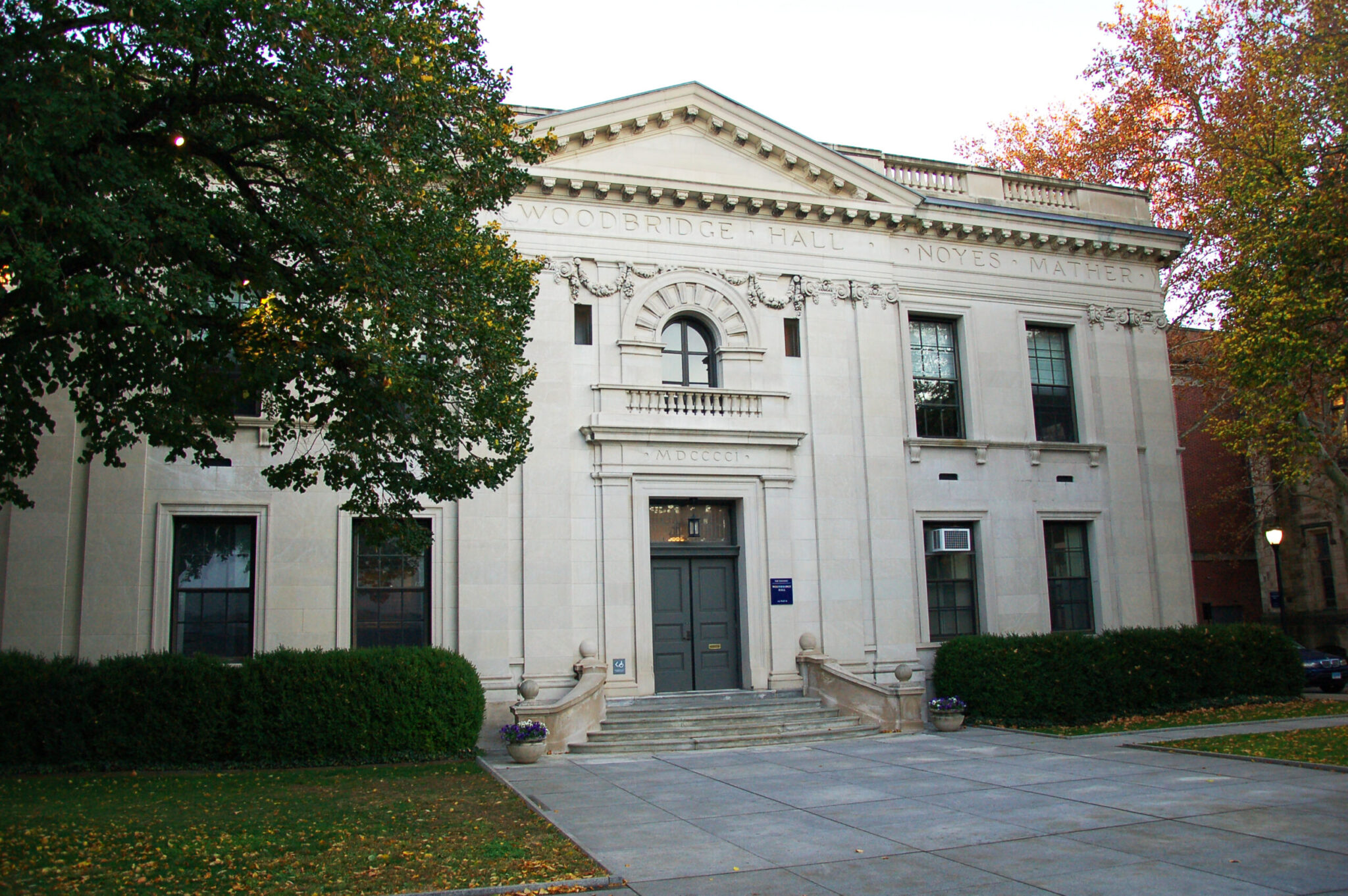Faculty continue to advocate for Yale ombudsperson
After multiple failed attempts by alumni, faculty and students to institute an ombuds office at Yale, the faculty senate is doubling down on its efforts.

Aydin Akyol
Faculty leaders are once again in talks to request an ombuds office from the administration.
The FAS-SEAS Senate has arranged a committee to advocate for an ombudsperson — someone who can investigate complaints and act with oversight independent of the administration. Supporters of an ombuds office claim that this person would be a resource that University community members could consult about issues like sexual assault or discrimination without having to file a formal report to the University. For decades, administrators at Yale have remained hesitant to institute such an office.
“Before making another request of the administration, the Senate would like written feedback explaining why the previous requests were denied,” FAS-SEAS senator and professor of computer science Michael Fischer told the News. “This will open the way for productive dialogue with the administration and the possibility of reaching a mutually acceptable compromise.”
Fischer added that he personally believes an ombudsperson will help students feel as though they “are not alone” when trying to deal with difficult situations at Yale.
Chuck Howard, a legal expert on the role of ombudsperson who is advising the FAS-SEAS Senate, told the News that confidentiality is the “hallmark” asset of the position.
Howard told the News that a properly structured ombuds office is independent, informal and impartial. They do not keep records, Howard said, and serve as an unbiased support staff that refrains from becoming involved in matters that pose a conflict of interest for them personally.
“Most people are not experienced in either conflict or how to surface an important issue,” Howard said. “And so they need some help, and it’s the confidentiality that allows the ombuds to talk about options to explain processes, to provide them with information so that they can make an informed decision on what they can do.”
According to Howard, there are general concerns among organizational leadership when it comes to instituting an ombudsperson. A major one is cost, he said, as administrators question why there should be another reporting channel when they have already invested into other official channels, such as Title IX coordinators and compliance offices.
Another concern is that the ombudsperson is going to end up knowing something that administrators do not know, which will create liability for the University. While Howard personally believes that ombudspeople should not be required to be mandatory reporters, he noted that this is a concern which administrators and senior executives have raised across firms with whom he has worked.
At Yale, these concerns have found footing at the top levels of University administration. Salovey told the News that when it comes to sexual misconduct, harassment or discrimination, he does not want Yale to underreport.
“I also want to always make sure we have really good data — on what could be anonymous of course — but really good data on complaints on any of these,” Salovey said. “The traditional ombuds doesn’t report — it stays in the ombuds office.”
Salovey added that he believes Yale has built out more complaint-reporting mechanisms than most schools and questioned whether the University should be adding yet another one. While he is not fully opposed to the idea of an ombudsperson, he is unsure of its value at Yale.
Alumnus Jon McBride ’64, who has long advocated for an ombudsperson at Yale, told the News that he recommends that the faculty senate reach out to the Board of Trustees to discuss the issue, rather than senior administrators at the University.
McBride reasoned that the cost and bureaucracy of creating another office decentivizes administrators from pursuing that path, which is why he believes that convincing the Board — a major player in Yale’s governance — to allocate some of its own budget to instituting the office may serve as a better strategy than pressuring the University itself.
Fischer told the News that the Senate has “never had” direct lines of communication to the Yale Corporation on this or any other issue.
In 2011, the Yale advisory committee on campus climate offered then-President Richard Levin six recommendations for a safer campus community, including a request for a University wide ombudsperson. Levin accepted five out of the six recommendations, refraining only from implementing the ombuds office.
Since then, the University has heard calls from alumni, faculty and students to institute an ombuds office. In 2019, then-FAS Senate chair Jill Campbell led the faculty campaign for an ombudsperson, but she was met with disappointment after the administration declined to pursue the recommendation.
The call for the ombuds this academic year may play out in the faculty’s favor, but some are not as optimistic. McBride told the News that he personally does not think the administration will listen to this year’s renewed call.
“I have no hostility to the ombudsman,” Salovey said. “The question is this: we have such explicit pathways for making complaints … that the concern is, would adding yet another way to talk about those kinds of matters make things more confusing or less confusing?”
Yale is the only Ivy League university to not have instituted an ombuds office.







